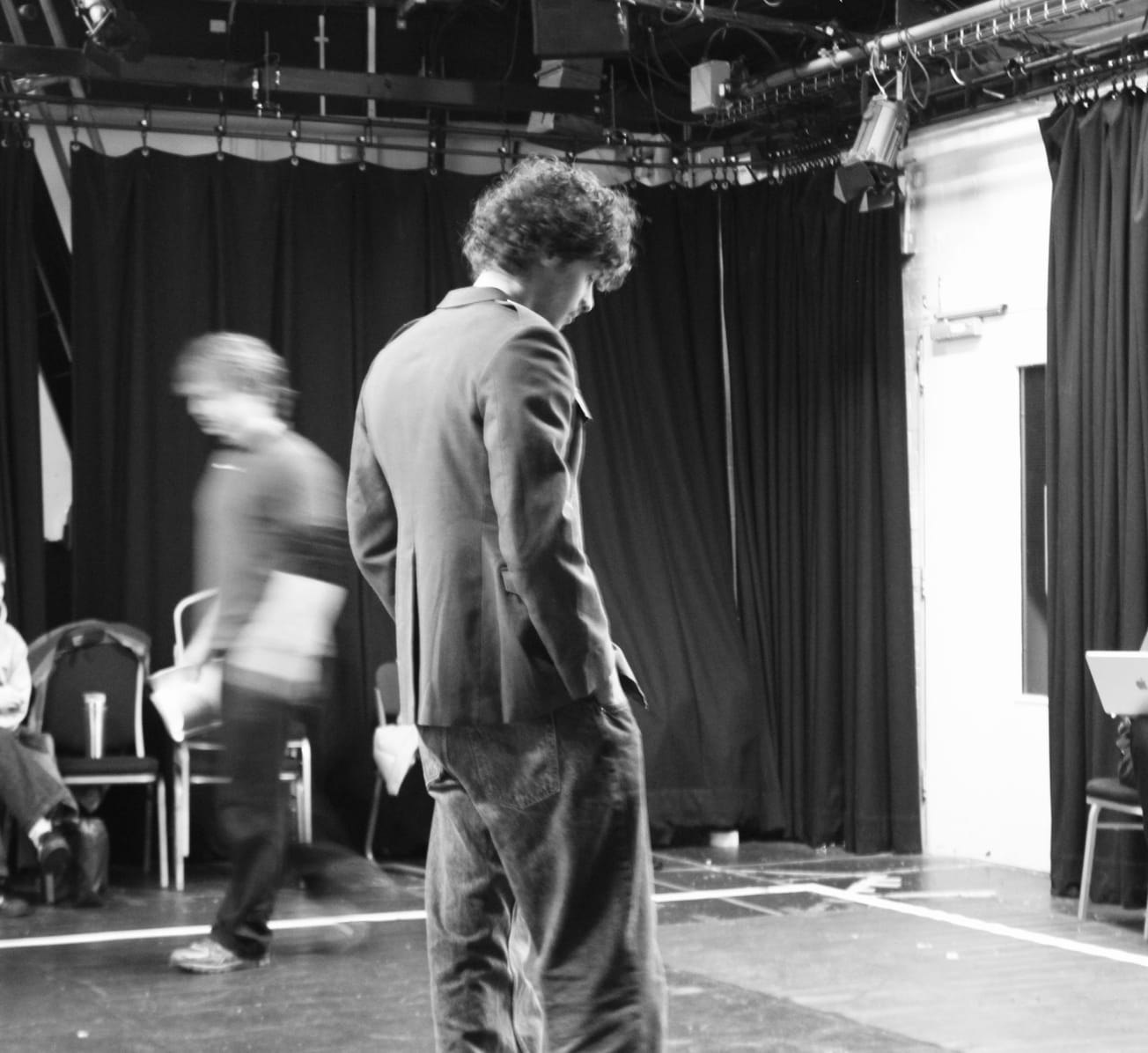By John Stack, Second Year, Mathematics BSc
The Chief and Deputy Chief medical officers of the UK announced earlier this week, in a rare consensus statement, that ‘very few, if any, children or teenagers will come to long-term harm from Covid-19 due solely to attending school’ and that this ‘has to be set against a certainty of long-term harm to many children and young people from not attending school.’
This comes after a major report on the topic by the Royal Society’s Data Evaluation and Learning for Viral Epidemics (DELVE) group, led by researchers at the Universities of Bristol and Cambridge.
The DELVE report ‘Balancing the Risks of Pupils Returning to Schools’ – used in support of the statement made by the medical officers – details the effects school closures have had on pupils, the risks associated with re-opening schools or keeping them closed, and the recommended next steps.
The results presented in the report are not pretty for pupils, their education, health, parents and the economy. It stresses: ‘Keeping schools open should be the default policy. The Government should do everything feasible in order to not close schools.
At Bristol, our academics are applying their expertise to current, real-world issues. Read @profsimonb's contribution to the Royal Society Report 'Balancing the Risks of Pupils Returning to Schools': https://t.co/DZbDUdUE36#WhatBristolEconomistsDo pic.twitter.com/hPUoYkPrnr
— University of Bristol | School of Economics (@BristolUniEcon) August 7, 2020
What does the report say about pupils?
As part of the national lockdown in mid-March, schools were ordered to shut for all pupils other than those of key workers. At the end of April, just before what would have been the start of the summer exam season, 96% of school-aged people were not attending school in person.
It was intended that education would move online. The report finds that online or remote learning is not suggested to have, in and of itself, a major negative impact on learning.
This would be reassuring, yet the provision of online learning in Britain has been extremely patchy. A survey by the Children’s Commissioner gives a snapshot of the state of this provision at the end of April.
The report finds that online or remote learning is not suggested to have, in and of itself, a major negative impact on learning
One in five 13+ year olds had been set no work by their school, but they may not have been missing out on much. Of those who had work sent home, about half ‘had no live lessons and/or less than two offline lessons provided per day’. The numbers are broadly similar for those less than 13 years old.
The immediate social effects of school closures are expected, some being that pupils engage in less physical and social activity and suffer from worse mental health. Their parents may struggle to work, especially if the pupil is young and cannot be left alone. Vulnerable pupils also have a greater risk of abuse.
The long-term effects, however, are less visible. Effects caused by current school closures are estimated using studies of previous disruptions in schooling, such as teacher strikes and natural disasters. It is found that such disruptions cause long-term negative personal educational and economic effects.

One study cited in the report traced the income and educational trajectories of pupils affected by school strikes in Argentina between 1977 and 1998. By taking into account the trends (e.g. level of University attendance) and macroeconomic conditions present at each key stage in pupils’ lives, they were able to analyse the pure effect that education disruption and school closures had on the pupils’ future lives, rather than merely correlated events such as the country’s economic performance.
This means the lives of the 13 cohorts of pupils currently affected by school closures in Britain are likely to be affected in a similar way to the pupils’ in the study.
Schools in Britain have been closed for 12 weeks. The study found that pupils affected by school closures of a similar length went on to earn less than they would be expected to in their thirties.
For a salary of £30,000, the expected loss is about £450 per year. The affected pupils were also significantly less likely to graduate from school and attend University.
The researchers put the projected net economic effect on the UK succinctly: ‘13 cohorts of students have been affected by the lockdown, so from the mid-2030s, all workers in their 20s will potentially have lower skills than they would otherwise have’.
‘And for the 50 years following that, around a quarter of the entire workforce will have lower skills, with a consequently lower growth rate. The present value of such a fall in the growth rate is measured in billions not millions.’
University of Bristol involved in international Covid-19 study on ICU mortality
Bristol researchers and the pursuit of a Covid-19 vaccine
And then there’s inequality. The report details the divergence between the experience of richer and poorer pupils during school closures. Those who are already disadvantaged are set to become more disadvantaged.
The attainment gap between disadvantaged pupils and their classmates is expected to widen by 36% and, at worse, double. This will be equivalent to a decade of progress in narrowing this gap being wiped out. Further, teachers report that disadvantaged pupils have been less likely to engage with work and that there are ‘significant concerns for the welfare of vulnerable pupils’.
The report notes the link between educational attainment, poverty and mortality.
‘Those with a low level of educational attainment,’ it states, ‘are almost five times as likely to be in poverty now as those with a high level of education.’
There is a difference of almost a decade between the life expectancy of those in the most and least deprived deciles of poverty.
Featured: University of Bristol
Want to read more of the DELVE report? Read here.









